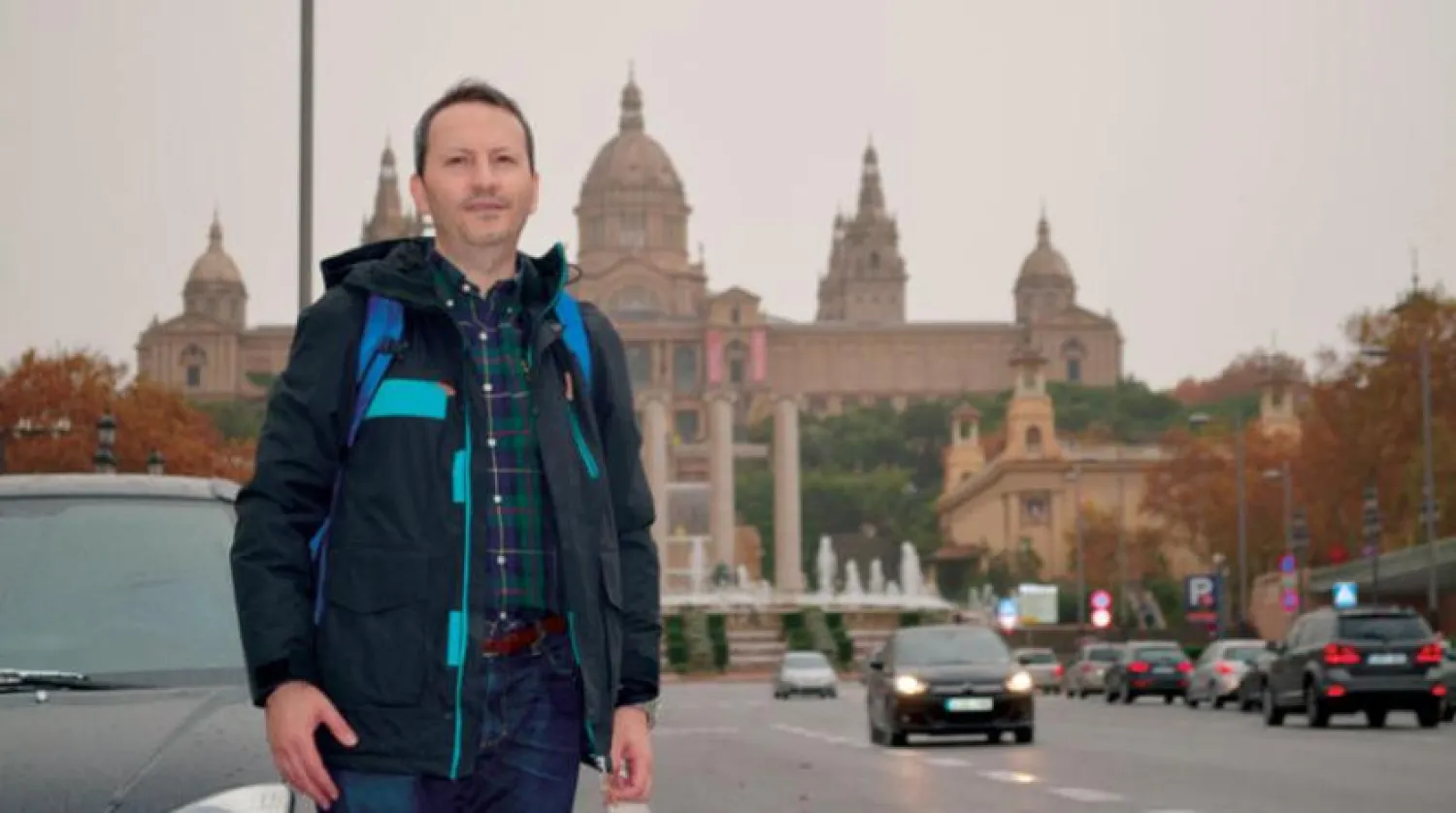The wife of Swedish-Iranian academic Ahmedreza Djalali, convicted of espionage in Iran and sentenced to death, said she fears her husband will be soon executed, pleading for stronger action from the European Union.
Vida Mehrannia told AFP in an interview from Stockholm that she fears that unless the EU were to take strong action and apply pressure on Iran, then "absolutely, it (the execution of her husband) will happen soon."
Mehrannia said, “I think if something happened to my husband, all EU countries are responsible because they closed their eyes to all anti-human rights behavior of Iran.”
She urged EU leaders to make every effort to encourage Iran to revoke Djalali's sentence. "He is completely innocent and he needs the support of the EU," she told AFP.
Mehrannia has not had any direct contact with her husband since April 2020.
“Every night we are worried that something will happen to my husband,” the wife added.
Djalali was sentenced to death in 2017 on charges of espionage for Israel, allegations denied by Sweden and his supporters.
He was found guilty of passing information about two Iranian nuclear scientists to Israel's Mossad spy agency that led to their assassinations.
Several Iranian media outlets said Djalali was due to be hanged on May 21 but the execution did not take place.
Last week, Iranian foreign ministry spokesman Saeed Khatibzadeh said Iran could postpone Djalali's death sentence but insisted that the verdict was “definite.”
On Sunday, Djalali's lawyer Helaleh Moussavian said that his defense team had requested a retrial, citing new evidence.
Djalali resided in Stockholm, where he worked at Karolinska Medical Institute and was arrested in 2016 during an academic visit to Tehran.
On Tuesday, the UN human rights office urged Iran to halt the execution order and reverse his death sentence.
Sweden granted Djalali her citizenship while in detention in February 2018.
Relations between Stockholm and Tehran have been strained after Sweden arrested former Iranian official Hamid Nouri.
He faces charges of crime against humanity and war crimes over killings and torturing political prisoners.
Nouri's trial, which Iran has denounced, ended on May 4, and the verdict is expected in July. He could face life imprisonment in Sweden.
The Iranian judiciary ruled out any exchange of prisoners between Tehran and Stockholm, specifically between Djalali and Nouri.
Last week, Amnesty International said there is mounting evidence to indicate that Iranian authorities are committing the crime of hostage taking against Djalali, who is at risk of imminent execution in Tehran’s Evin prison.
The organization raised serious concerns that the Iranian authorities are threatening to execute Djalali to compel Belgium and Sweden to hand over two imprisoned former officials, and to deter them and others from future prosecutions of Iranian officials.









